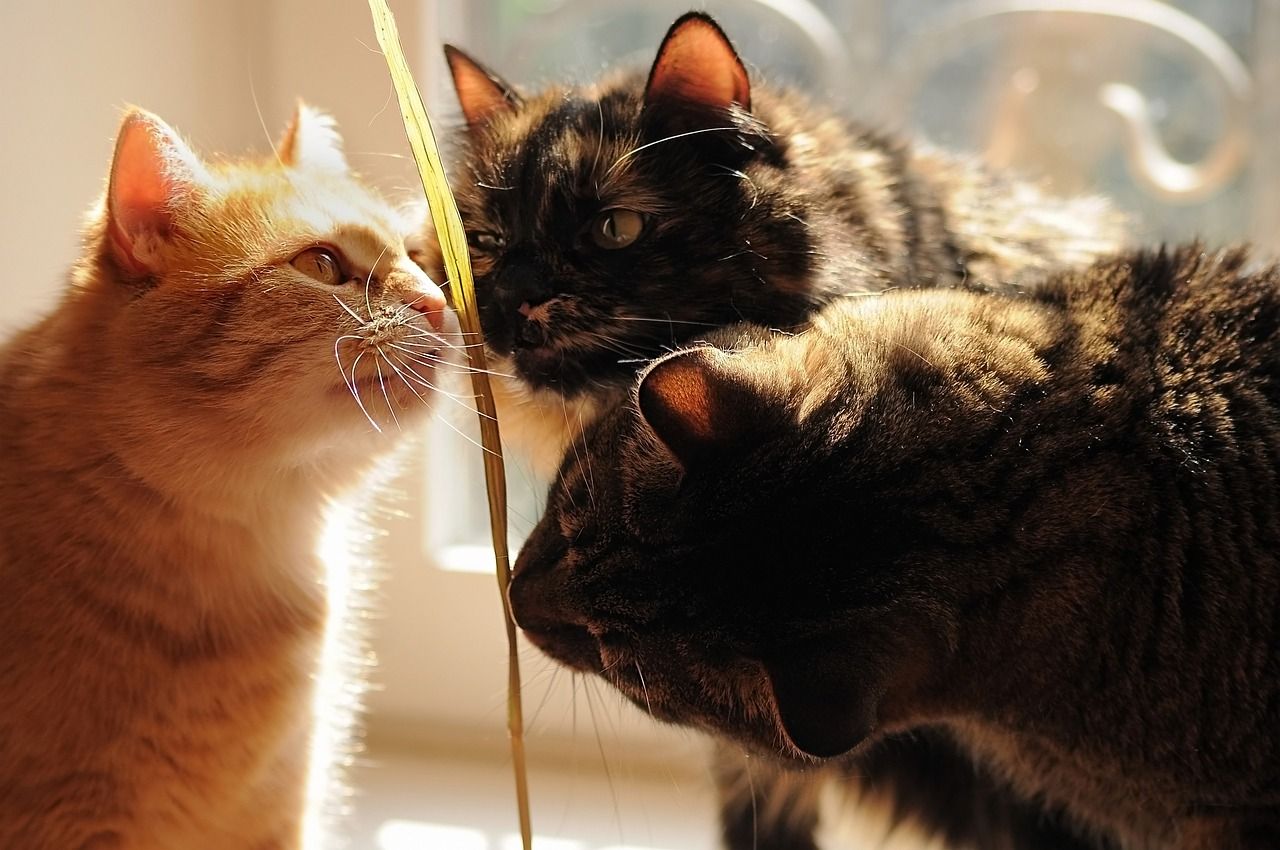Follow us on Google News (click on ☆)
Several hypotheses attempt to explain why our pets turn to plants. Some experts suggest a need to cleanse their digestive system or compensate for nutritional deficiencies. However, these theories are not always supported by solid scientific evidence.

Illustration image Pixabay
Studies have shown that only a minority of animals appear sick before consuming grass. This calls into question the idea that they do it for self-medication. The vomiting that sometimes follows this ingestion might simply be a side effect.
Research on the subject is limited, partly due to lack of funding. Behaviors without serious health consequences for animals attract less attention from scientists. Yet, understanding these habits could enrich our knowledge of animal welfare.
Carnivores occasionally turning herbivorous
Domestic carnivores like cats and dogs have a digestive system adapted to a primarily meat-based diet. However, their occasional plant consumption suggests unexpected dietary flexibility.
This habit could be explained by nutritional needs not met by their usual diet. Some plants contain beneficial fibers and micronutrients, even for carnivores.
From an evolutionary perspective, this behavior might have deep roots. The wild ancestors of our domestic animals probably consumed plants to diversify their diet or for their medicinal properties.
Eating grass might simply be an enjoyable activity for animals. As with humans, the taste and texture of food play a role in their dietary choices. This explanation, although simple, is nonetheless plausible.
Are plants safe for our pets?
Not all plants are suitable for consumption by domestic animals. Some plant species can be toxic and cause digestive disorders, neurological issues, or even be fatal.
Owners should be particularly vigilant with indoor and garden plants. Even common species can hide dangers for curious animals.
Chemical treatments applied to plants, such as pesticides and fertilizers, increase the risks. It's important to choose pet-safe products or keep animals away from treated areas.
In case of suspected ingestion, immediate veterinary consultation is recommended. Symptoms of poisoning can vary but often include vomiting, diarrhea, and lethargy.